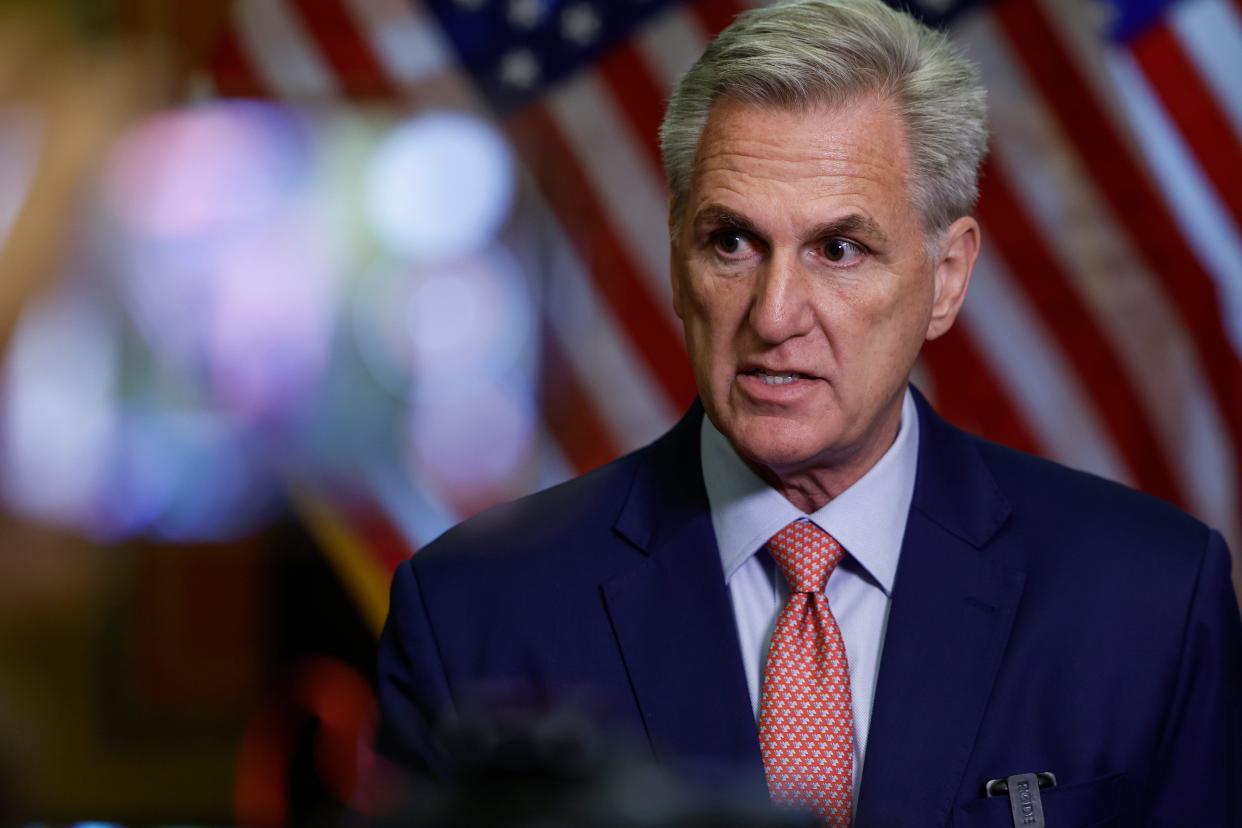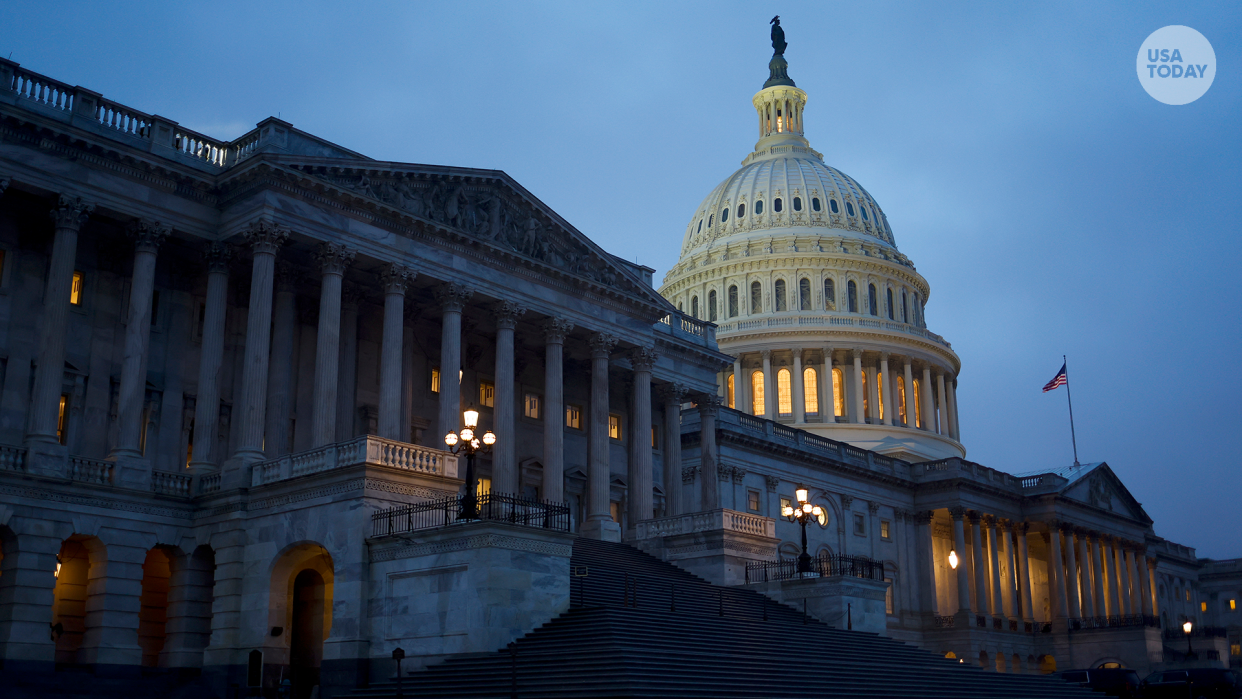Congress has just 11 days to fund the government: Here's how a shutdown would impact you
WASHINGTON − The country could face a government shutdown when the House returns from a weekslong summer break on Tuesday.
The Senate has already returned from its recess, and Senate Majority Leader Chuck Schumer, D-N.Y., has praised his colleagues from both sides of the aisle for working together on spending compromises without much heartburn. The lower chamber is a different story: Most of what is expected to be a fierce fight over government spending will take place in the House.
While government funding technically expires on Sept. 30, the House has just 11 working days to pass a short-term funding extension – called a continuing resolution – to buy lawmakers more time to hash out the details of a spending package.
A group of ultra-right lawmakers from the House Freedom Caucus has drawn hard lines even before the House comes back into session, openly threatening to leverage a shutdown if a continuing resolution does not include deep spending cuts or other demands, such as more security on the southern border.
Here’s what to know about the showdown and how it could affect you.

Hard-right lawmakers threaten shutdown for deep spending cuts
The demands of House Freedom Caucus members have next to no chance of passing the Democratic-controlled Senate. Schumer warned lawmakers last week that negotiations should be held in good faith and with bipartisanship in mind.
“I implore, I beg my House Republican colleagues to follow the Senate’s lead, to recognize that time is short, and the only way to avoid a shutdown is through bipartisanship in both the House and Senate,” Schumer said at a weekly news conference.
While the House is gearing up for what could be a drawn-out fight, the Senate already has teed up three out of the 12 appropriations bills needed to fund the government for a vote this week.
But in the House, hard-right lawmakers, which includes conservatives not part of the Freedom Caucus, such as Rep. Marjorie Taylor Greene, R-Ga., are making heavy asks of House Speaker Kevin McCarthy, R-Calif. In exchange for the requests, they'll hypothetically help avert a shutdown.
Greene said at a town hall that she would not vote to fund the government if the House does not hold a vote on an impeachment inquiry against President Joe Biden, a prospect that some moderate Republicans have balked at.
Rep. Ralph Norman, R-S.C., downplayed the effects of a shutdown in a post on X, formerly Twitter, last week: “If a temporary shutdown is more concerning to you than our $2 trillion deficit and $33 trillion national debt, I'd politely suggest you're part of the problem.”
Related: Congress returns after Labor Day. With it, Americans' fears of a government shutdown crisis

How a government shutdown could affect you
Every government shutdown plays out slightly differently, but generally, various government functions slow down in a shutdown.
The Office of Management and Budget updates plans for a shutdown on a rolling basis developed by each federal agency. The OMB decides what functions are essential and must continue, even in a shutdown.
Federal employees considered essential continue to work without pay. After the shutdown ends, those employees receive retroactive pay for the length of the shutdown. Other federal employees, however, are furloughed until Congress passes a spending package.
Essential services include employees such as air traffic controllers and border patrol, as well as services such as Social Security and Medicare benefits.
But even some of those services could be affected by a shutdown. During the 2018-2019 government shutdown, some TSA agents and air traffic controllers did not work because of financial limitations, causing flight delays and terminal closures.
When it comes to nonessential services, some national parks could have to close down or offer limited resources for the length of the shutdown. Some food safety inspections considered nonessential also could be delayed.

This article originally appeared on USA TODAY: Government shutdown 2023: Congress has 11 days for spending fights
